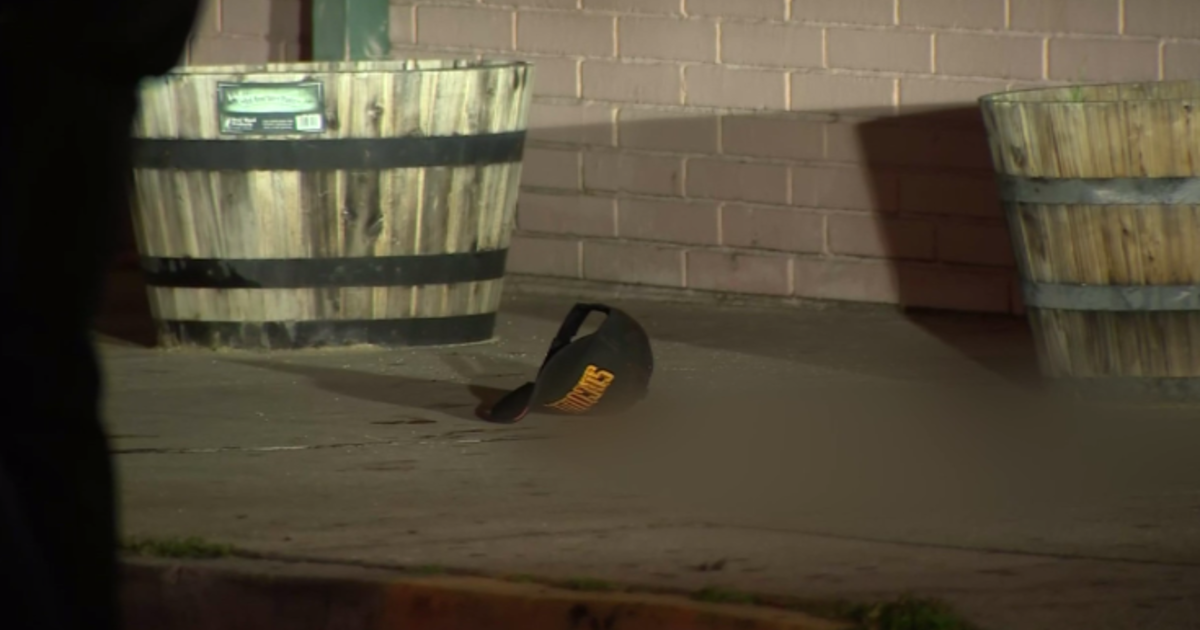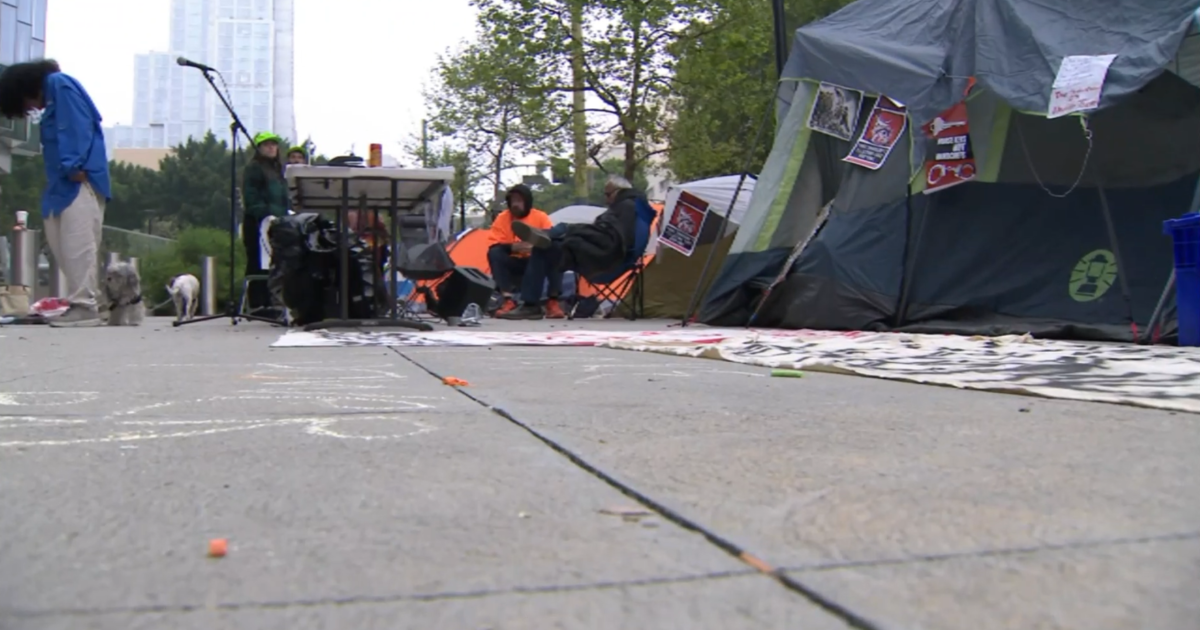Restless Leg Syndrome Keeping Millions Up At Night
WESTWOOD (CBS) — Millions of Americans are being kept up at night by a painful syndrome that's often misdiagnosed.
Restless Leg Syndrome affects up to an estimated 20 percent of the population nationwide.
It's a condition that can be excruciating – something 74-year-old Eugene Jones knows too well.
"I've gone as far as jumping in a cold Jacuzzi to get rid of it," the Westlake Village said. "I don't even remember a real good night's sleep."
Jones has suffered from the condition for approximately 10 years, and has since sought help from UCLA's new Sleep Disorder Center in Westwood.
"It's very hard to describe feeling terrible to the point where you say, 'If I have to go through life like this I'd rather have my feet cut off' -- I've thought of that," Jones said.
"This is not uncommon to see in patients with pretty severe restless legs," said Dr. Alon Avidan, the director of the Sleep Disorder Center, as he demonstrated by hitting his legs.
"It's very difficult to live with and see your partner go through," said Jones' wife, Joyce.
At SDC, patients like Eugene Jones spend the night in one of their rooms equipped with an infrared camera to record video and audio. Technicians monitor patients' movements from another room.
"This is one of the most severe I've seen," Avidan said of Jones' sleep behavior.
Avidan said the condition affects people of all ages. It's a neurological disorder whose cause remains a mystery.
"It's characterized by the urge to move the legs. The urge gets better with movement and worse with inactivity," Avidan said.
RLS peaks in women ages 20-40 during prime childbearing years, with approximately one-third of pregnant women suffering from the condition. The statistics get worse with age. Children with RLS are often misdiagnosed with Attention Deficit Disorder.
"What we are trying to do is…overcome the stigma. This is something real. There is treatment. It's not just a psychiatric condition," Avidan said.
Jones is trying a variety of medications used to treat the condition and spending some nights on camera at the Sleep Center.
"You've got to do something because it is strange," Joyce Jones said.



